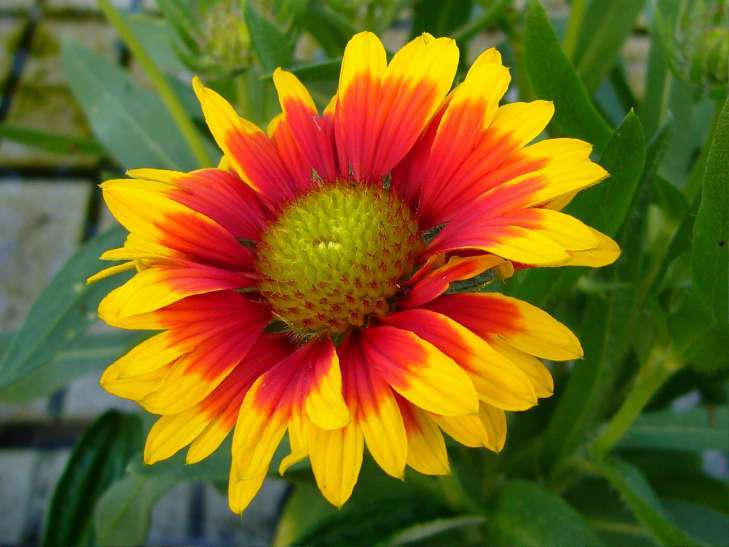Gaillardia: How to Grow
Gaillardia seedlings are sown at the end of March.
They also practice sowing crops before winter.
What is the difference between rudbeckia and gaillardia
In a word, gaillardia has a predominant red color palette.
Rudbeckia has recently had a very wide range of colors, there are many solid colors (yellow, pink, burgundy), there are also gradient ones, but remember: gradient transitions in rudbeckia do not have red or pink shades in their composition.
What does gaillardia like
Gaillardia requires nutritious, loose, well-drained soil with neutral acidity.

Therefore, when preparing a place for planting in the spring, try to dig up, loosen well and enrich the soil with fertilizers.
How to water
The seedlings are watered moderately as the soil dries, fed with complex preparations a couple of times during their stay at home, and in May, when the threat of return frosts has passed, they are planted in open ground in increments of 35-40 cm.
Do I need to pinch gaillardia
Since Gaillardia spinosa requires two types of pruning, you will be trimming your plants throughout the growing season.
Pinching is most effective in early spring, before flower buds appear on the plant.
When can Gaillardia be replanted
The most suitable time to transplant gaillardia spinosa is early and late spring or mid-autumn and late autumn.
The change of season plays a big role in successful transplantation.
Previously, we told you how to grow tulips.

